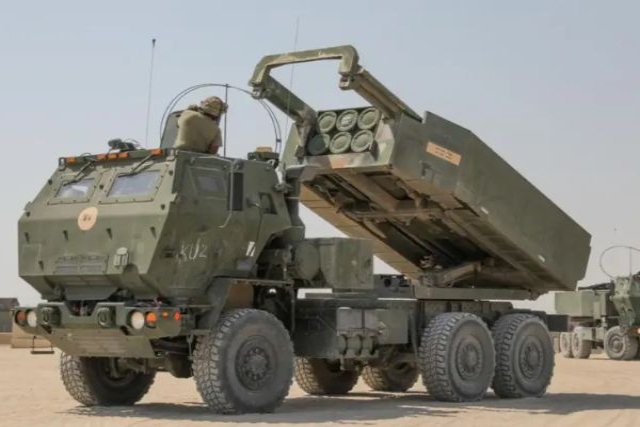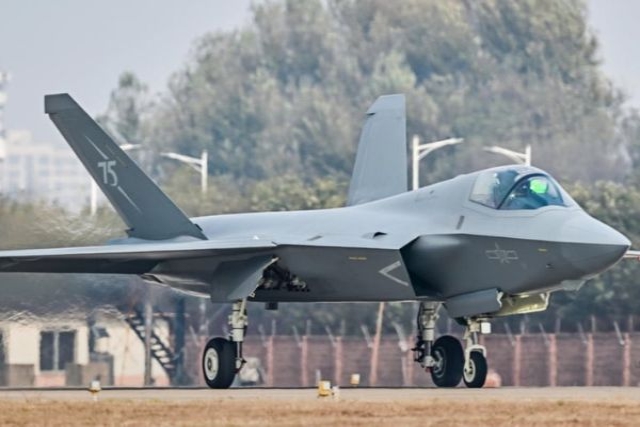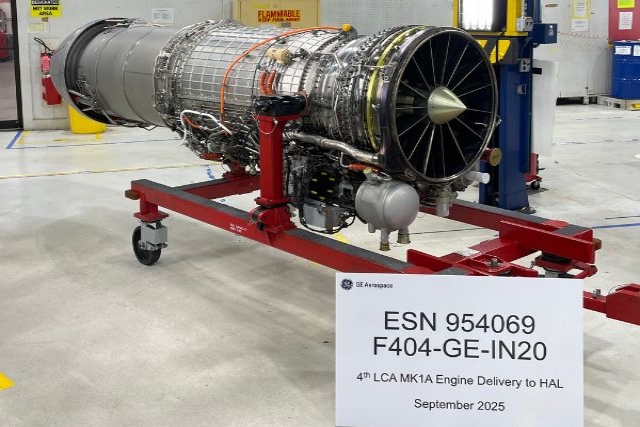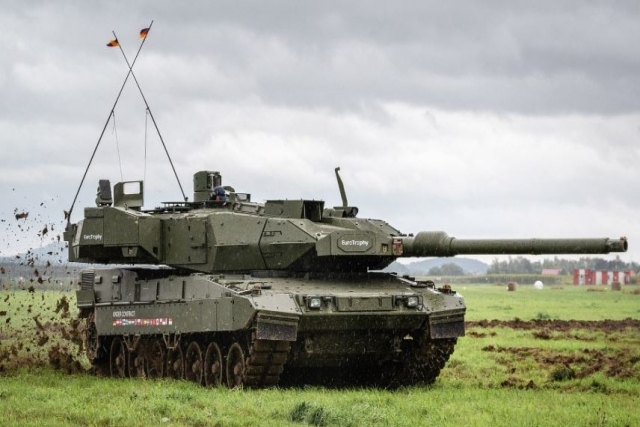AK Antony, Defence Minister, India - A Profile
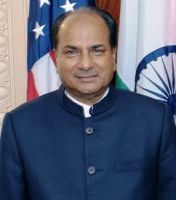
As AK Antony, India’s longest serving defense minister, enters the final year of his government’s tenure, his handling of the MoD will be remembered for zero-tolerance towards corruption and a determined push to indigenization of defence hardware.
Under his seven years leadership, India’s MoD initiated several programs to modernize its armed forces and streamline procurement. In the last few years, focus has fallen on failed procurement, bribery and delays in acquiring the Medium Multi-Role Combat Aircraft (MMRCA) and the Future Infantry Combat Vehicle (FICV).
Antony has exercised a fiercely independent policy in terms of India’s defence procurement. The selection of Dassault as the finalist in the MMRCA contract is widely believed to be a result of his policy of not bowing to international lobbying and allowing the Indian Air Force to make a selection on merit.
However, his policy of extensive oversight in the procurement process to ensure that bribery or lobbying did not find a place has often been blamed for delays in the procurement or urgently needed hardware.
In 2011, the then Indian Army chief, General VK Singh wrote a letter to Prime Minister Manmohan Singh explaining the dismal state of the army’s combat weapons saying that they were in such a poor condition that they made India unfit for war. This letter brought to the forefront issues plaguing India’s armed forces which have been hampered not by a lack of funds but by procurement delays.
According to a 2013 report by the Indian Parliamentary Standing Committee on defence, there has been a “steady decline” in the number of defence contracts signed from fiscal 2007-08 to 2011-12.
Despite delays, many other projects have been successful. The IAF procured C-17 Globemaster III aircraft, P-8I surveillance aircraft, Chinook and Mi-17 V5 helicopters, and Israeli drones during his tenure.
Antony’s push for indigenization has been tremendously successful. In 2013, the fighter aircraft LCA-Tejas achieved its Initial Operation Clearance. “The improvements to the aircraft have enhanced the flight envelope and weapon delivery,” Antony declared.
The Indo-Russia joint venture, Multirole Transport Aircraft project, has also taken shape. The Indian MoD has pre-ordered 45 aircraft, and its Russian counterpart is expected to purchase 100.
The Army will procure eight regiments of Quick Reaction Surface to Air Missiles (QRSAMs), state-of-the-art howitzers and has initiated a procurement program for 100 tracked SP guns.
"A case for procurement of 100 tracked guns of 155mm/52 calibre (self-propelled) is in progress wherein three Indian vendors, including two private sector companies, have been selected for trials of their equipment," Antony had told the Indian parliament last year.
His policy on China, which he has called a “challenge” and “potential enemy number one” has attracted criticism from domestic and international commentators. Repeated ceasefire violations by Pakistan along the Line of Control and repeated incursions by China on the Line of Actual Control have left Antony looking indifferent.
"Don't expect miracles in resolving the issue. What we are trying is that till a satisfactory solution on the boundary issue is found; whenever incidents take place on the border, through discussions and official mechanism, resolve those issues," Antony was quoted as saying last year.
Under his tenure, the Defence Procurement Procedure (DPP) has undergone several changes to streamline and codify procurement processes. Calling the latest DPP “dynamic”, Antony said efforts were made to bring "accountability and transparency" in the revised DPP and emphasis was on technology transfer to boost indigenization.
